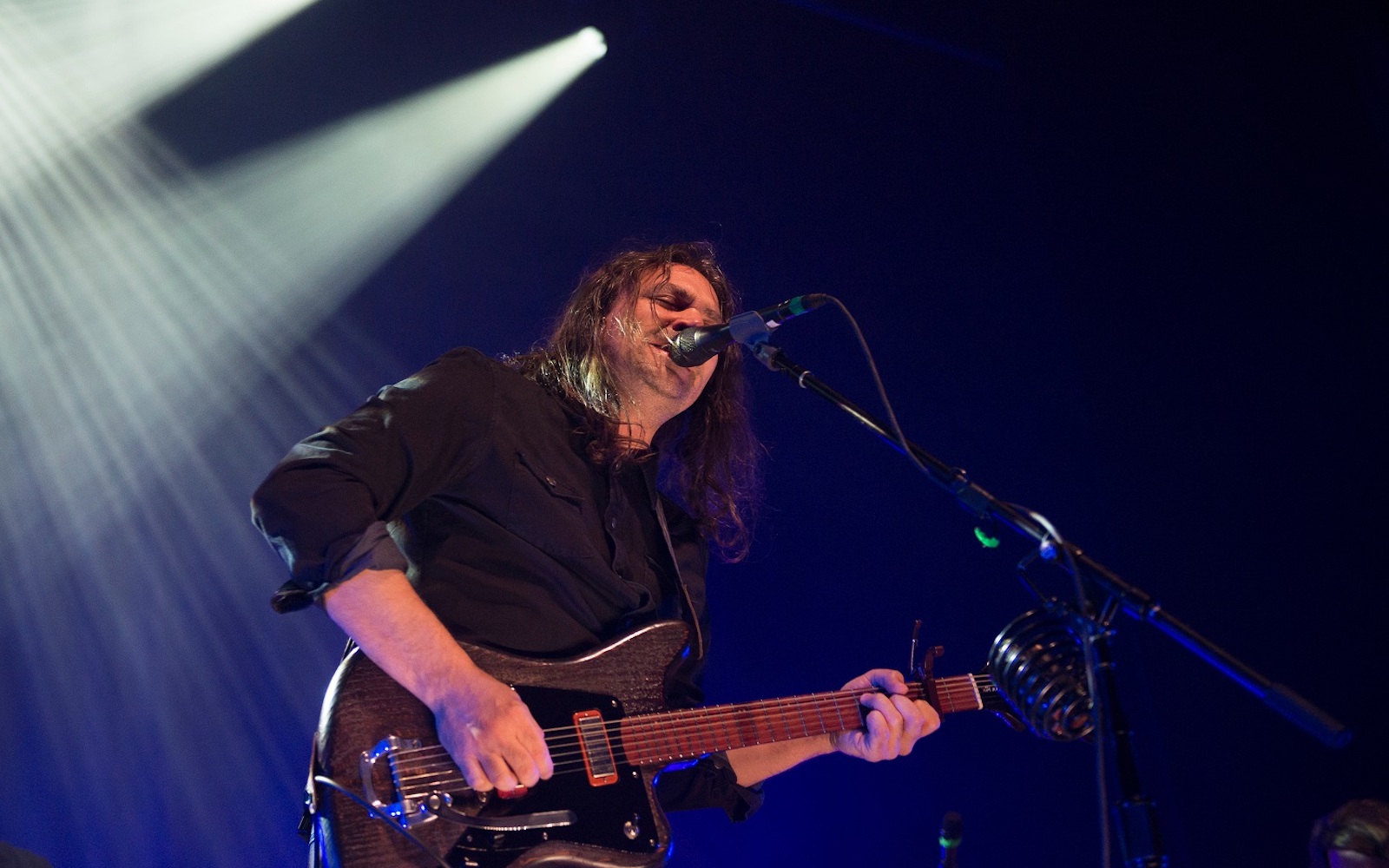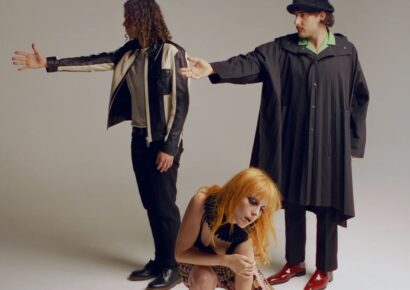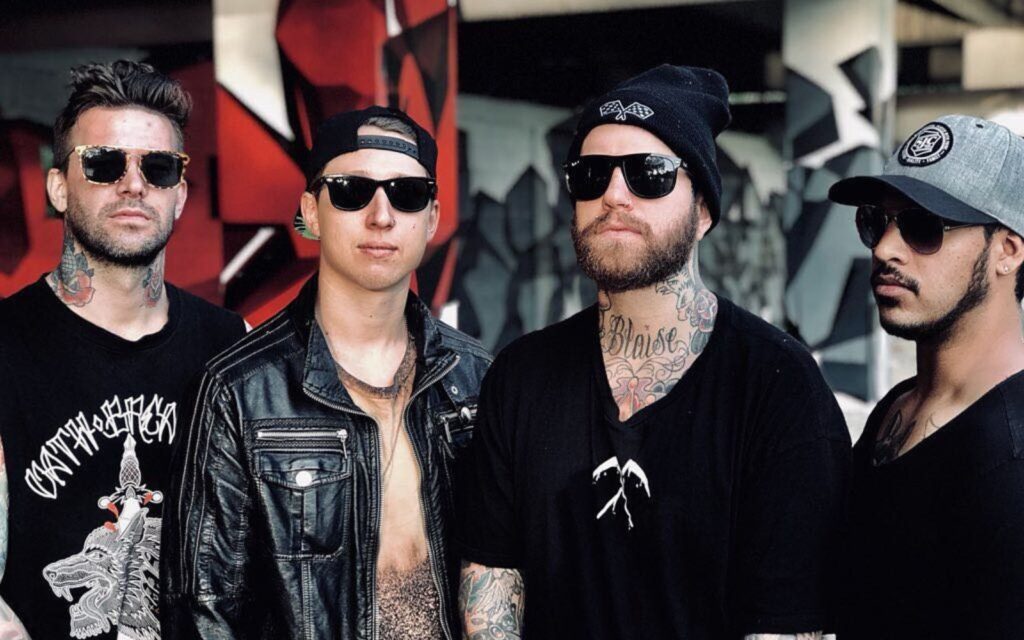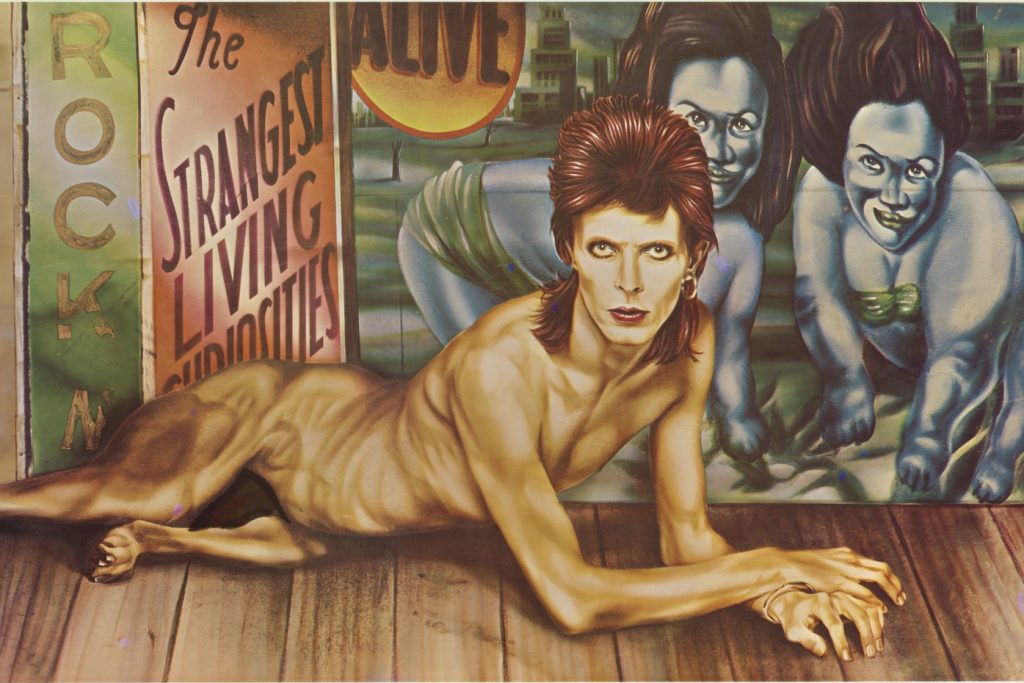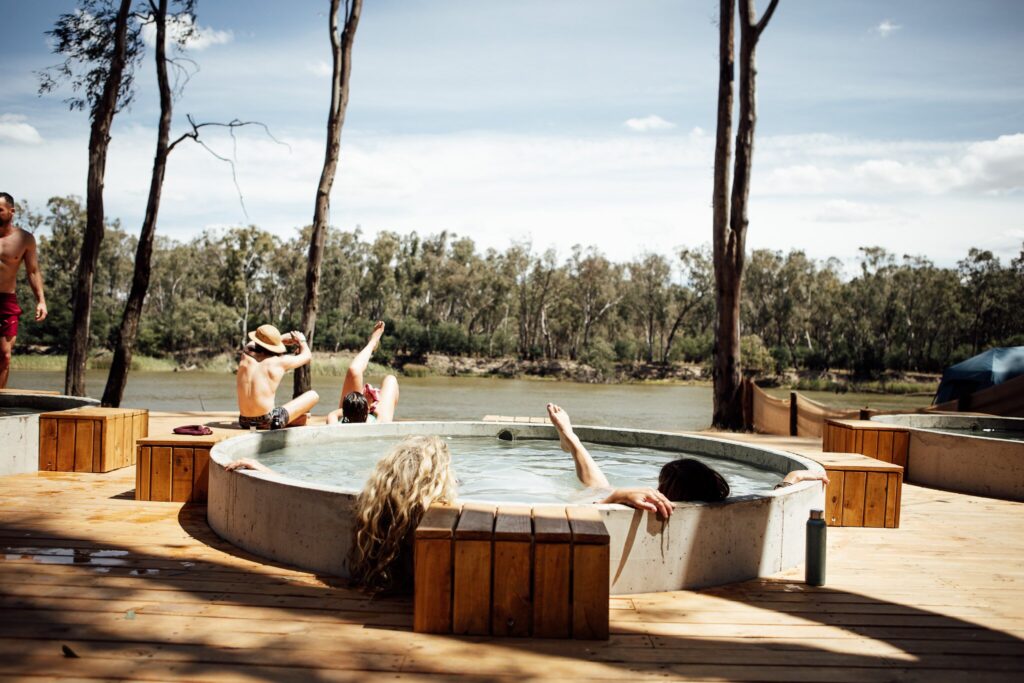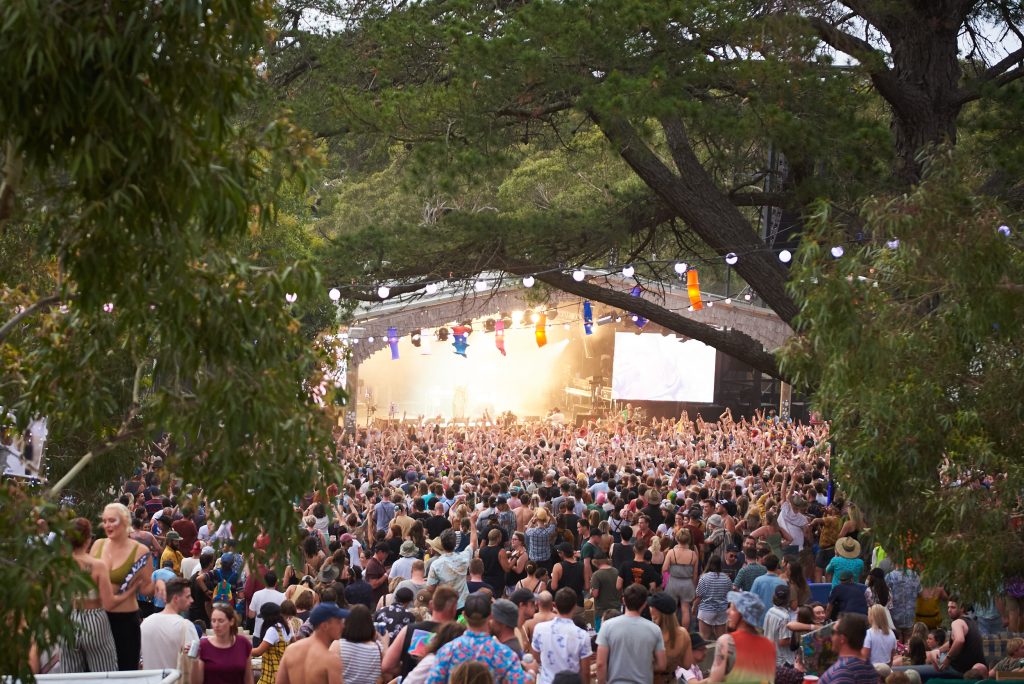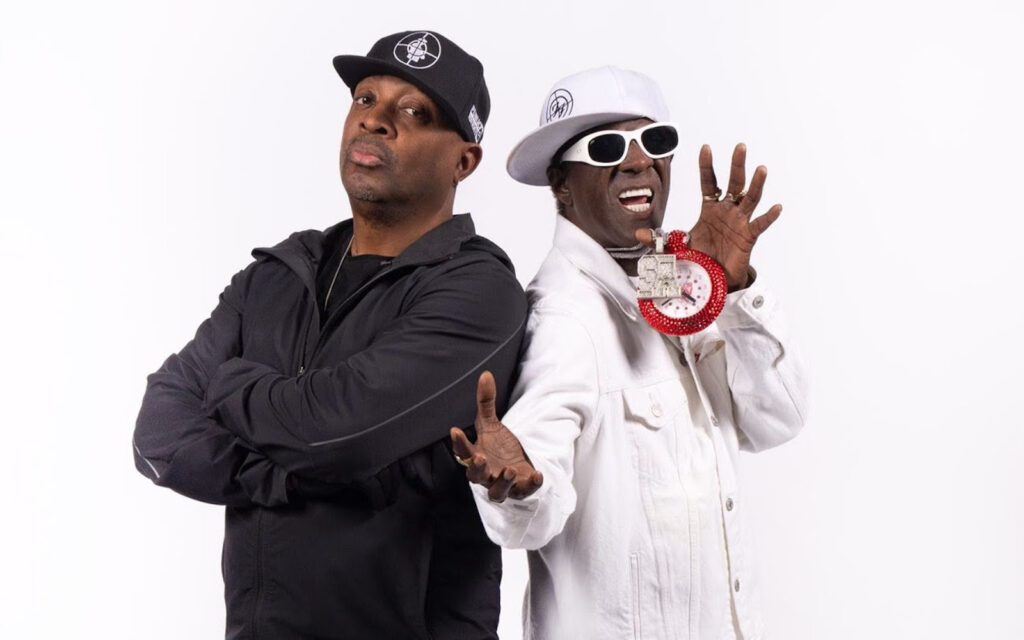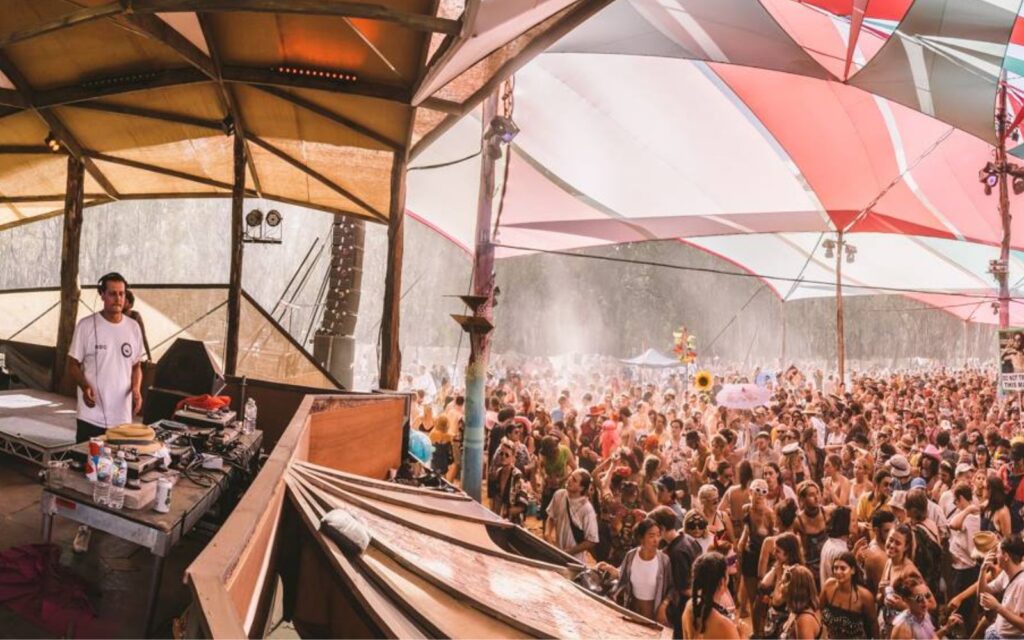“I got a lotta interviews today and I don’t even know if you’ve asked a question but I gotta go.”
And with that Adam Granduciel, founding member, singer, and multi-instrumentalist of The War On Drugs, is gone.
Although he’s been occasionally terse, and my queries indeed scarce, I steeple my fingers à la Montgomery Burns; gentle prodding has seen Adam elucidate the band’s sonic evolution, touch on his formative years, natter about sports and, moments prior, possibly raised his hackles.
Keep up with the latest music news, festivals, interviews and reviews here.
As the operator prompts us to finish our call, I challenge Adam on I Don’t Live Here Anymore. His lyric “a creature void of form” cites Dylan’s 1975 classic Shelter from the Storm, but I want to know more. Since Dylan was referencing Genesis, was Granduciel ironically inserting his own rib into the Garden of Eden beside Eve?
Adam is perplexed at the mention of his Biblical namesake, “Is that what he’s referring to?! I don’t know about that! A creature void of form: it’s a very self-deprecating way of referring to yourself. ‘He comes in from the wilderness’, he could say any number of things, he could say ‘exhausted from the storm’ but ‘a creature void of form’ – that’s an amazing way of saying, ‘I was a nobody, I was like wahh… like nothing’. I love that line – I felt a kinship with that.” Adam snaps, “I don’t know what you’re talking about!”
Gladly we had not begun with my excessive lyrical analysis, our chat’s genesis being sporting; with Adam having sprung from Boston to musically gestate in Philly, we shake hands by talking baseball. Upon realising my team, he reveals an inner Samaritan.
“Oh, I’m sorry,” he deadpans. “The Mets. You could have anything and chose the Mets. You chose the hard life.” This is a particular empathy given Boston’s legendary Curse of the Bambino was torturously extended by the very same Metropolitans (non-baseball aficionados, see Wiki for the curious mythology).
“The Mets were the single greatest enemy of the Red Sox of all time. You know, ’86, Bill Buckner.” He trails off in ruminative thought before intimating a wellspring for a new lyrical lament, “The Mets really bring out the dark – the dark moment.”
Beside the rabid sports culture of the northeast there lies a diverse musical history which, for Antipodeans, can be obscured by the long shadows of New York. As much as The War On Drugs’ music sits in a spectral ether, hovering outside chronology in their relentless, driving updates on storied artists like Bruce and Bob and Zevon – Granduciel is a songwriter who came of age in the Nineties guitar renaissance.
Sharing formative memories on Massachusetts notables (Dinosaur Jr, Pixies, Morphine – “that was my favourite shit”), it’s notable that The War On Drugs’ critical and commercial success can now be mentioned in the same breath as these luminaries.
When Lost in the Dream was released Granduciel envisioned no such popularity, once suggesting to The Guardian the band may be more niche than stadium. With the benefit of hindsight, their epic and enervating oeuvre seems a natural fit for this progression, but nonetheless Adam chuckles at the mention of “stadium rockers”.
“We play huge places and sometimes it feels like it’s meant to be, and sometimes it feels like you’re missing a diva. But I think that’s always been my subjective. I’ve never really been able to fully immerse myself (in that). Not that I don’t appreciate it, but I always feel like there’s room to get better.”
“(And) we’ve been really lucky, when Lost in the Dream came out I wanted to have a bigger sound. We had toured with bands who had seven, eight people, nine people. We were a three-piece for years. When that record came out I was unsure of my future in music and I was just like, ‘I don’t know what will happen with this record but when we do this first tour I really wanna have that sound I always pictured for this band.”
One can’t help but notice that through deceptive modesty, Granduciel has digressed from success to the band and its sound, but he is innately intertwining their popularity and aural evolution.
“So we hired Jon (Natchez, sax/keyboards) and Anthony (LaMarca, guitar/keyboards). As that record gained popularity, we were touring so much the band that we put together has grown real-time with people (coming) to our shows. You look at the end of that touring cycle and all of a sudden we had become this thing, this six-piece band that wasn’t there a year before.”
Adam’s elucidation of the band’s maturation segues naturally to something I had been anxious to discuss. Having seen this very tour as it passed through Melbourne, my cynical ears had been opened wide by latent energy masquerading in melancholy, by a majesty seeping from their performatory pores. It was an okay show, let’s say.
Exemplary live shows are not a stranger however, what really struck me was hiding in the underbelly of Lost in the Dream: the newly-recruited Jon Natchez on sax. More prominently displayed, visually and aurally, than on the record, it was a revelation to find this droning bass bulwark emanating, not from a synth, but a chrome-plated baritone.
“The beauty is that’s the way Jon plays his baritone,” informs Adam after I wax lyrical. “He has an alto or a tenor, but he doesn’t wanna do that rock tenor sax thing. His instrument has always been baritone sax. The funny thing is, when we were doing the David Letterman show in 2010 or something, I asked somebody in New York, ‘Do you know anybody who plays saxophone? We’re doing this thing on TV’. They said, ‘You should ask Jon Natchez’.
“When I was in fourth grade my older brother had this friend named Jon Natchez, and I was like, ‘Surely it’s not the same Jon Natchez’, but it was! And Jon knew that his old friend Burt’s brother had a band, he was a fan from the first record.
“Me and Jon reconnected through that show and when it came time to do some recording on Lost in the Dream obviously I wanted to use Jon because I knew him. So it was, ‘Oh we should do some cool sax stuff’ or ‘You should come down to Philly and bring your sax’, and that low-droning stuff is just the way that he does stuff. That was the stuff he was interested in doing on his own records and I may have embraced it a little bit more than other people.
“It became the sound of that record especially. It’s almost like a synthesiser, somewhere between a synth and a vocal sound. It’s really something else. It’s one of those things that shapes the sound because that’s the way that he prefers to play that instrument and he doesn’t love to do big tenor solos. He does solo with his baritone, just in a different register. It’s one of those beautiful sounds he makes.”
Suggesting the experience had subliminal equivalence to my once sighting bass-driven dust tornadoes in front of Harmonia’s speaker stacks, Adam becomes unusually enthused and turns to a recording touchstone, the favouring of live bass over synthetic: “Low end coming from a synth is one thing, but actual air coming out of a bell into a mic is really special, really three dimensional… You throw a big ribbon mic and a (Neumann) U47 on his horns. Man! It sounds massive!”
The War On Drugs With Special Guests Spoon + Indigo Sparke
Sydney Opera House Forecourt, Sydney Monday December 4
Sidney Myer Music Bowl, Melbourne Thursday December 7
Riverstage, Brisbane Saturday December 9
Kings Park And Botanic Garden, Perth Monday December 11
Tickets for all shows are on sale now from livenation.com.au. To listen to Lost in the Dream, head here.
